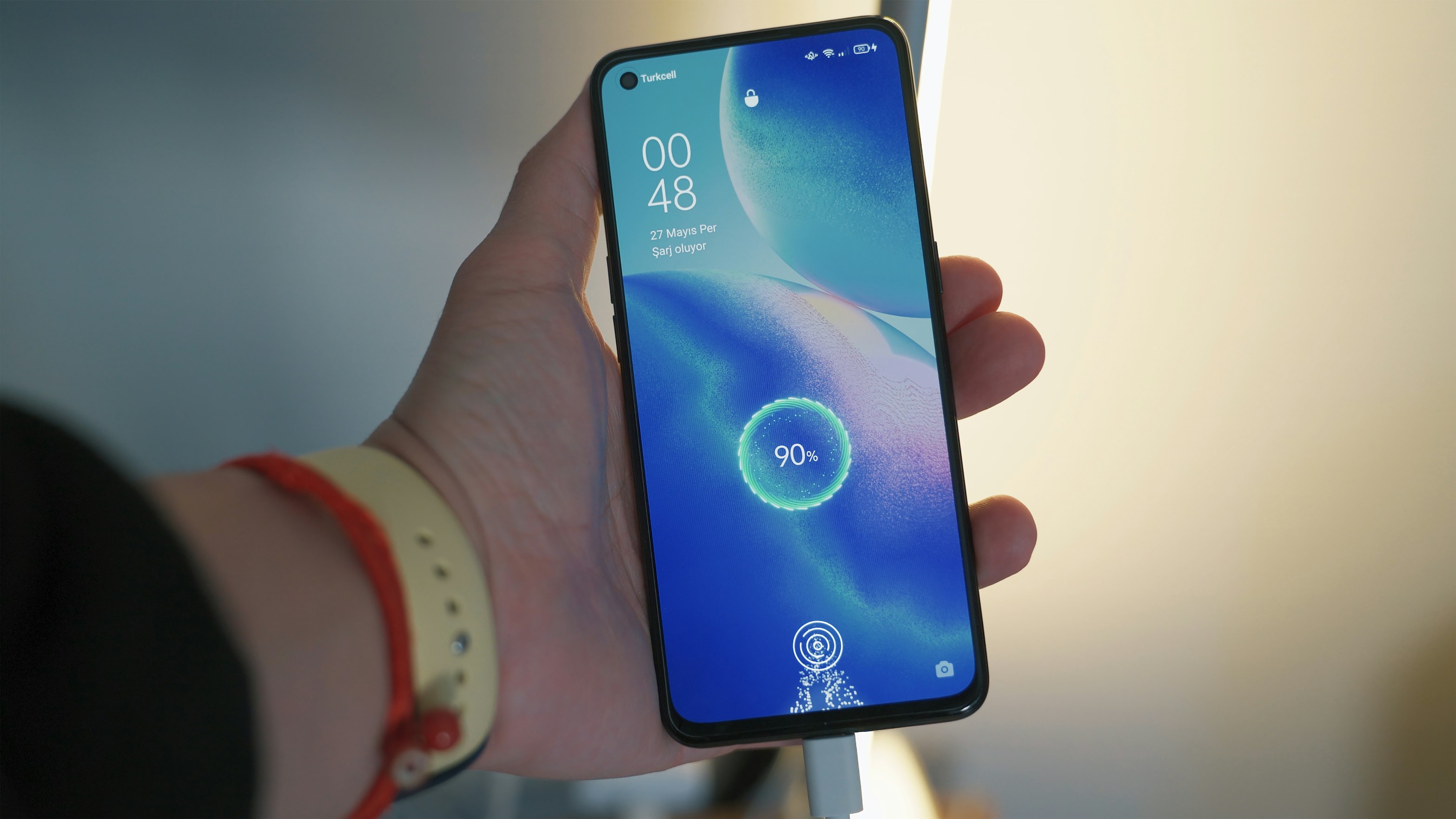
In this era of cyberattacks, people find it challenging to create a safe environment for their devices. Hackers become more and more “crafty” in their desire and search for new methods to access even the most protected and restricted mechanisms. It’s common that software like antivirus and anti-malware solutions can protect you from hackers, but can any of these tools fit this role?
VPN, for example, can protect you from all of this malware, and help you gain a solid reputation for maintaining your online activities private. But it is going to do well in a more challenging situation, like clearing hackers and their roguish attacks?
How does VPN work?
First things first, you need to understand how exactly VPN works before understanding if it can or cannot keep you safe from cyberattacks. VPN, which comes from Virtual Private Network, anonymizes your data by sending traffic through a secure server. Most VPNs send your data through one server, which should be enough to keep your data out of problems. Bur some VPNs workers claim features that change your connection through many servers, significantly strengthening your privacy. Unluckily, just redirecting traffic is not enough to prevent hackers from accessing your devices and stealing data. VPNs also have solid encryption protocols to code data, so even if it goes into the wrong hands, the hackers can’t use it.
Besides these functions of encrypting traffic or re-routing, recent VPNs, like VPNs for Google Chrome, offer plenty of benefits. Google Chrome is the most popular browser out there, and now, you can download it on your device; it’s fast, reliable, with many features. The world’s leading VPN is VPN for Chrome, so set up yours in minutes. Connecting to the internet comes with many risks of malevolent entities tracking your data and looking for weaknesses to steal your data. Using a VPN is the only way to significantly reduce the risk of attacks.
A VPN guarantees safety with your online activities, as your web traffic passes through a safe tunnel from your browser to its destination. But, to clarify your curiosity regarding VPN’s possibility to protect you against hackers, the answer is yes, it can. But it’s vital to understand its limitations. A VPN cannot protect you from downloading malware on your device, which is one of the most severe attacks nowadays. VPN can also protect you against DoS and DDoS attacks by securing your IP address. With your IP address hidden, cybercriminals won’t be able to target or attack you.
So, a VPN can protect you against DoS and DDoS attacks, MiTM (Man in the Middle Attack), fake Wi-Fi hotspots, session hijacking, and remote hacking. But a VPN can’t protect you against phishing, malware, and human errors.
VPNs are incredibly useful, but it’s essential that you also consider preventing cyber-attacks by learning how to protect your data online. By making just a couple of simple changes to your accounts and device, you can keep security against other parties’ malicious attempts to steal your data online and share it. So, what changes can you make to protect your digital privacy?
- Use anti-virus on your device
- Protect your web browsing
- Secure your accounts through strong passwords
- Don’t install hazy software
- Constantly update your devices and software
It’s vital to get into the habit and protect your privacy online. It might seem like it’s too difficult, or too time-consuming, but once you follow the steps, you will manage to establish great online behaviors. Yes, you can be suspicious of links on your social media accounts or in emails. It is why you should make your accounts private and avoid sharing things on the internet if you would not like everybody to see them. Keep your email and phone number private, and create another email account you don’t care about and use for your shopping, etc.
This way, if your account gets hacked, it won’t be linked to personal and important data, like bank accounts. Also, avoid using your real name when signing up for services that aren’t important to you, like grocery stores’ discount cards.
However, not even the best cybersecurity tool in the world can’t protect you from your own errors. If you click on suspicious links or turn off your anti-virus system while accessing high-risk websites, not even VPN can protect you. For example, most hackers use malicious programs to gain access to your device. Software like this is downloaded on your device when you accidentally click on a link or a suspicious ad. Hackers also spam people with phishing emails, pretending they’re businesses, banks, or other online payment services. In the emails, they will try to convince the victim to click on a link, which if happens, will automatically download malware, or expose personal data. The best way to avoid this is by avoiding as much as you can click on links you receive in emails.
What else will protect you against cyber-attacks?
- Creating genuinely random passwords
- Two-factor authentication
- Don’t download unofficial apps
- Read permissions carefully
- Configure a VPN on your router
- Keep your software updated
- Always log out of your devices
VPNs are incredibly useful, even if they can’t protect you from all the hacking. But you’ll benefit from other things, like enhanced privacy, stronger security, and extra features. It’s fair to say that cybersecurity is the most critical area in 2022. Statistics have shown that over 80% of U.S. citizens are concerned about their safety online. To help manage these threats, millions of people worldwide turn to VPNs to help access the internet safely.
Final Thoughts
There is confusion about what a VPN can or cannot do. Most people believe that is just a simple way to connect to the internet without being attacked online, while others believe that a VPN doesn’t offer so many security benefits. The truth is somewhere in the middle. But, the easiest way to define VPNs is that they can help protect data from the cyber criminals’ hungry eyes using encryption technology.




